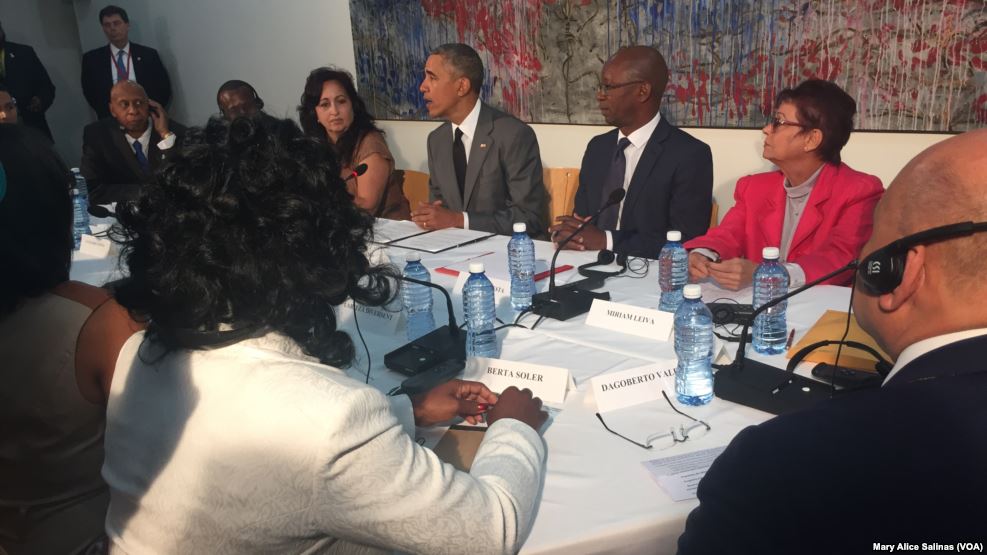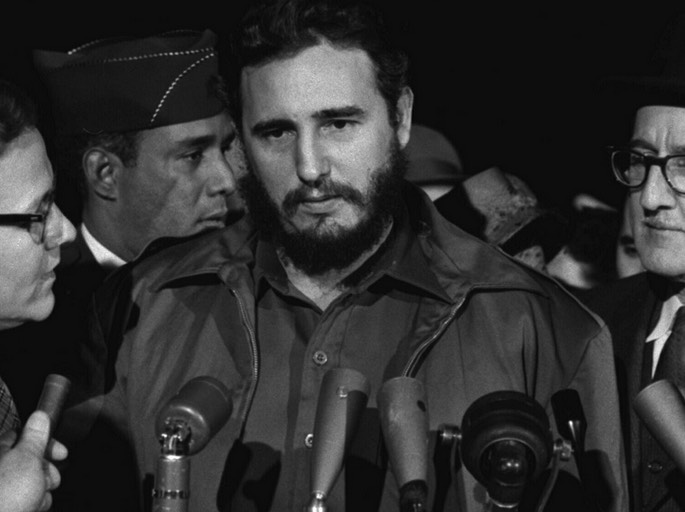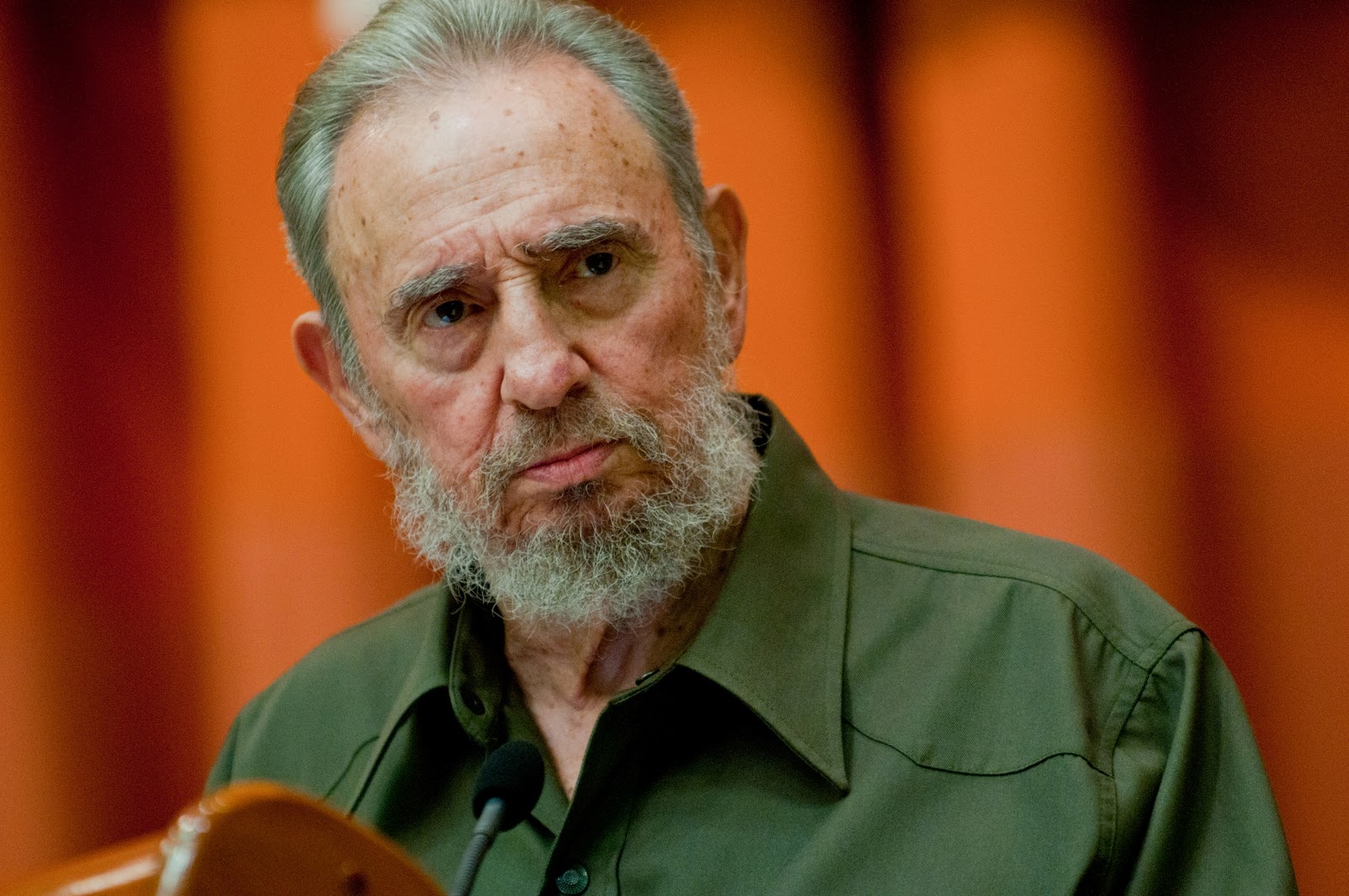Former Cuban President Fidel Castro is dead at the age of 90, his brother, Cuban President Raul Castro announced.
Fidel Castro’s communist government survived a U.S.-backed invasion of Cuban exiles, a superpower missile crisis, assassination plots and decades of U.S. economic sanctions. But Castro lived long enough to see Washington announce the re-establishment of full diplomatic relations with Havana and the subsequent visit by a U.S. president to the island in March 2016.
He will be cremated Saturday.
Fidel Castro Ruz was born August 13, 1926, and grew up to become one of the leaders of the movement against the dictatorship of Fulgencio Batista. He led a guerrilla force that eventually routed Batista’s army and took over the island in 1959.
Triumph and Communism
His victory and triumphant entry into Havana captured the world’s attention. But he soon steered the country toward Communism and the orbit of the Soviet Union.
“He is a man who made a lot of promises to the Cuban people,” said Cuban democracy activist Frank Calzon. “Cubans were going to have freedom. They were going to have honest government. They were going to have a return to the constitution. Instead what he gave them was a Stalinist type of government.”
The United States mounted an invasion of Cuba by a group of Cuban exiles in 1961. But Castro’s forces crushed the invaders at the Bay of Pigs. One year later, Cuba was at the center of a confrontation between the United States and the Soviet Union over the placement of nuclear missiles on the island. A nuclear war was narrowly averted.
As a close ally of Moscow, Castro deployed Cuban troops to various Cold War hot spots, such as Angola. His policies turned Cuba into an international player, according to Cuba expert Wayne Smith.
“I think he will be remembered as the leader who put Cuba on the world map,” Smith said. “Before Castro, Cuba was considered something of a banana republic. It did not count for anything in world politics. Castro certainly changed all that, and suddenly Cuba was playing a major role on the world stage, in Africa as an ally of the Soviet Union, in Asia, and certainly in Latin America.”
Democracy a casualty

At home, universal education and health care were accomplishments that came at the cost of human rights and democracy. Dissidents were thrown in jail and their relatives who protested were often intimidated by pro-government mobs.
“Fidel Castro kept power through fear, through the use of the secret police, through manipulating political forces — just like Stalin did or just like Hitler did,” Calzon said.
Castro frequently denounced the United States, often staging mass rallies to protest the U.S. economic embargo against his country.
Despite decades of U.S. pressure, he managed to stay in power until being sidelined by intestinal surgery in July 2006. The ailing leader formally relinquished the presidency in 2008 to his younger brother Raul, in a transfer of power endorsed in a pro-forma election by Cuba’s National Assembly.
Yet he maintained a role in public life as Cuba’s state-run newspaper published his thoughts on various subjects, including a critique of President Barack Obama’s historic visit to Cuba that underscored the normalization of ties.He also occasionally received visiting foreign dignitaries.
Large historical figure

His continued presence on the world stage made him unique, says Cuba specialist Phil Peters.
“I think all admit he was a very large historical figure who won a very impressive military victory in the Cuban revolution, who maneuvered through very difficult circumstances in the international sphere,” Peters, of the Lexington Institute, said. “He put Cuba on the map, in many ways, far beyond its importance in history, far beyond its economic capabilities.”
But the Cuban people paid a heavy price, Calzon, the democracy activist said.
“Whatever good he did, the cost that the Cuban people have had to pay in lives, in suffering, in torture far exceeds whatever positive could be said about him,” Calzon said.
Tyrant or revolutionary, Fidel Castro remained at the center of the world’s media spotlight until the end — an object of fascination for some and repudiation for others.
via Voice of America







